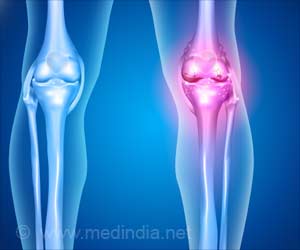Women who maintained a certain volume in an area of the brain were more likely to have a lower amount of the amyloid plaque deposits that are usually found in Alzheimer’s patients.
Highlights
- Taking menopausal hormone therapy soon after menopause to relieve symptoms may benefit the brain.
- One form of menopausal hormonal therapy, taken soon after menopause may help preserve brain structure responsible for memory and thinking skills.
- Women who took estradiol hormone via a skin patch maintained brain volume in the dorsolateral prefrontal cortex, an area of the brain that assists with memory and thinking
To test the results, researchers identified seventy five healthy women with an average age of fifty three who were between five months to three years past menopause to participate in the study.
Of those Seventy five women, twenty women took conjugated equine estrogen hormone in pill form, twenty two received estradiol hormone via a skin patch, and thirty three received a placebo of either pills or patches.
Also, the women taking active hormones were also given progesterone pills for the first twelve days each month, and placebo pills were given to those in the placebo group.
At the start of the study, the participants were given both Memory and Thinking tests as well as an MRI at 18 months, at three years and at the end of four years of hormone treatment and gain three years after the hormonal therapy ended.
The researchers also measured both overall brain volume, brain lesions accumulation, and after that, they compared the scores on both the thinking and memory tests.
They also found that the participants who took estradiol hormone via skin patches maintained a good brain volume in the dorsolateral prefrontal cortex, an area of the brain that helps with memory, thinking, planning and reasoning, over the seven years of the study.
Women who maintained a good volume in this area of the brain were more likely to have low amyloid plaque deposits.
These amyloid plaque deposits are important because they are directly related to memory loss and Alzheimer's disease. This suggests that estradiol therapy may have long-term effects on the brain.
They also found that for those taking estrogen pills, there were greater structural changes in the brain during therapy.
But those changes stopped when participants stopped taking the pills. The scores on thinking and memory tests were similar for women in the hormone therapy groups and those taking a placebo.
"More research is needed to determine the biological reasons behind brain changes during menopausal hormone therapy," said Kantarci.
"Future research is also needed to define better just how the different hormonal products, pills versus skin patches, affect the brain," said Kantarci.
Since all the participants were in a good cardiovascular condition, the results may not be similar for those with heart problems or diabetes. This is considered to be the limitation of this study.
Source-Medindia
















